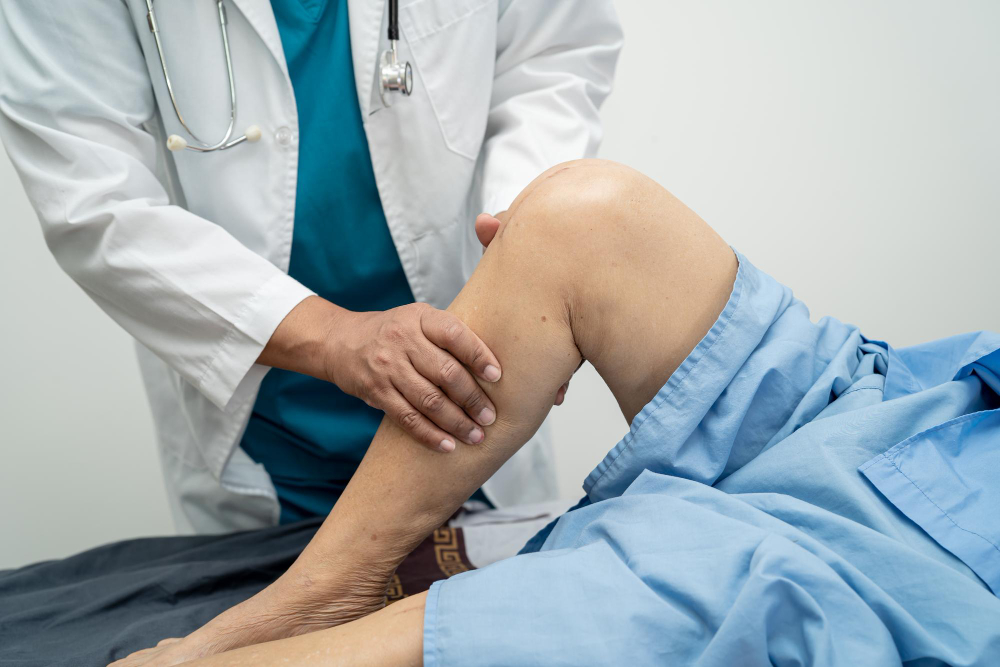
Undergoing knee replacement surgery can be traumatic, and it carries a prolonged recovery period. Recovery largely depends on following a rehabilitation program designed to restore movement, strength, and flexibility to your knees gradually. However, rehabilitation after surgery can be daunting, and sometimes people make mistakes that impede their recovery. Therefore, it's essential to know the do's and don'ts that might affect your knee replacement's outcomes. In this post, we'll provide tips on how to aid your recovery while avoiding potential pitfalls.
Do: Take it slow.
After knee replacement surgery, you'll need to give your new knee time to recover. Although it's tempting to start living your life as it was before the surgery, doing so can do more harm than good. Following a rehabilitative exercise plan is crucial to help prevent pain, swelling, and protect the health of your new joint. However, overtraining or trying to resume strenuous activities too soon may cause damage to the joint's newly formed tissue. It's crucial to listen to your body and give yourself enough rest to allow for proper healing.
Do: Follow your doctors' prescription
Your surgeon and physical therapist play a critical role in your recovery after a knee replacement. Follow their prescription, attend follow-up appointments, and take medications as advised. Doing so will hasten your recovery period and prevent long-term complications. By taking medications on time, you can avoid pain and inflammation, which can impede your rehabilitation.
Don't: Ignore swelling or pain
Soreness, stiffness, and swelling are common after undergoing knee replacement surgery. However, if these symptoms persist or worsen, it could be a sign of a serious complication. Unmanaged pain or swelling can impede the healing process, delay rehabilitation, and increase the risk of subsequent complications. It's crucial to inform your surgeon or therapist if you experience any unusual discomfort post-surgery.
Don't: Resume risky activities too soon
Regular exercise is an essential aspect of recovery after knee replacement surgery. However, not all exercises are appropriate for your recovery period. High-impact activities like running and jumping should be avoided in the first stage of healing to protect your new joint and prevent post-traumatic arthritis from developing. Exercises such as cycling, swimming, and gentle walking are more appropriate.
Do: Maintain a healthy lifestyle and diet
Incorporating a healthy diet and lifestyle can speed up the recovery process and prevent complications post-surgery. Healthy dietary choices will help your body heal faster, manage your weight, and prevent the onset of diabetes and other metabolic disorders. Adequate sleep, rest, and physical therapy exercises will improve your body's immunity, reduce inflammation, and speed up recovery.
Conclusion
Recovering from knee replacement surgery can be a long process, but with the right approach, you can speed up your recovery duration and prevent complications. With patience and persistence, you can surmount the challenges of rehabilitation, restore joint mobility, and regain your quality of life. Remember, it's essential to follow your doctor's prescription, listen to your body, and avoid risky activities. For further assistance, please contact our orthopedic surgeons in Orange City, FL at Central Florida Bone & Joint Institute for professional guidance.